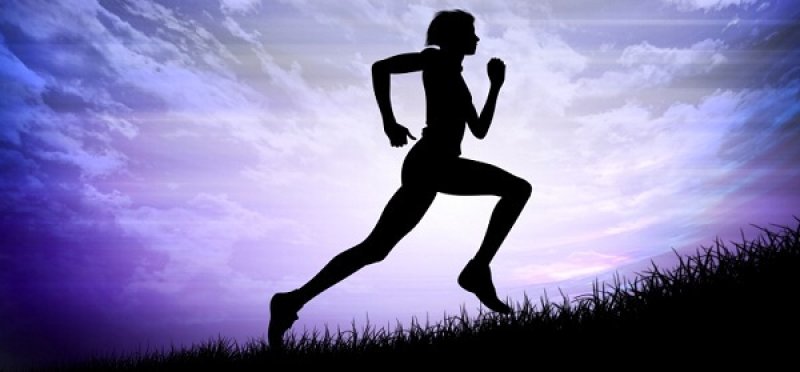A new study in mice pinpoints how a stretch of DNA likely turned our ancestors into marathoners, giving us the endurance to conquer territory, evade predators, and eventually dominate the planet.
…
Human ancestors first distinguished themselves from other primates by their unusual way of hunting prey. Instead of depending on a quick spurt of energy—like a cheetah—they simply outlasted antelopes and other escaping animals, chasing them until they were too exhausted to keep running.
…
Ajit Varki, a physician-scientist at the University of California, San Diego (UCSD), and colleagues unearthed one of the first genetic differences between humans and chimps: a gene called CMP-Neu5Ac Hydroxylase (CMAH). Other primates have this gene, which helps build a sugar molecule called sialic acid that sits on cell surfaces. But humans have a broken version of CMAH, so they don’t make this sugar.
…
In the new study, Varki’s team explored whether CMAH has any impact on muscles and running ability, in part because mice bred with a muscular dystrophy–like syndrome get worse when they don’t have this gene.
…
After training, the mice with the human version of the CMAH gene ran 12% faster and 20% longer than the other mice, the team reports [September 11] in the Proceedings of the Royal Society B.
Read full, original post: This broken gene may have turned our ancestors into marathoners—and helped humans conquer the world































